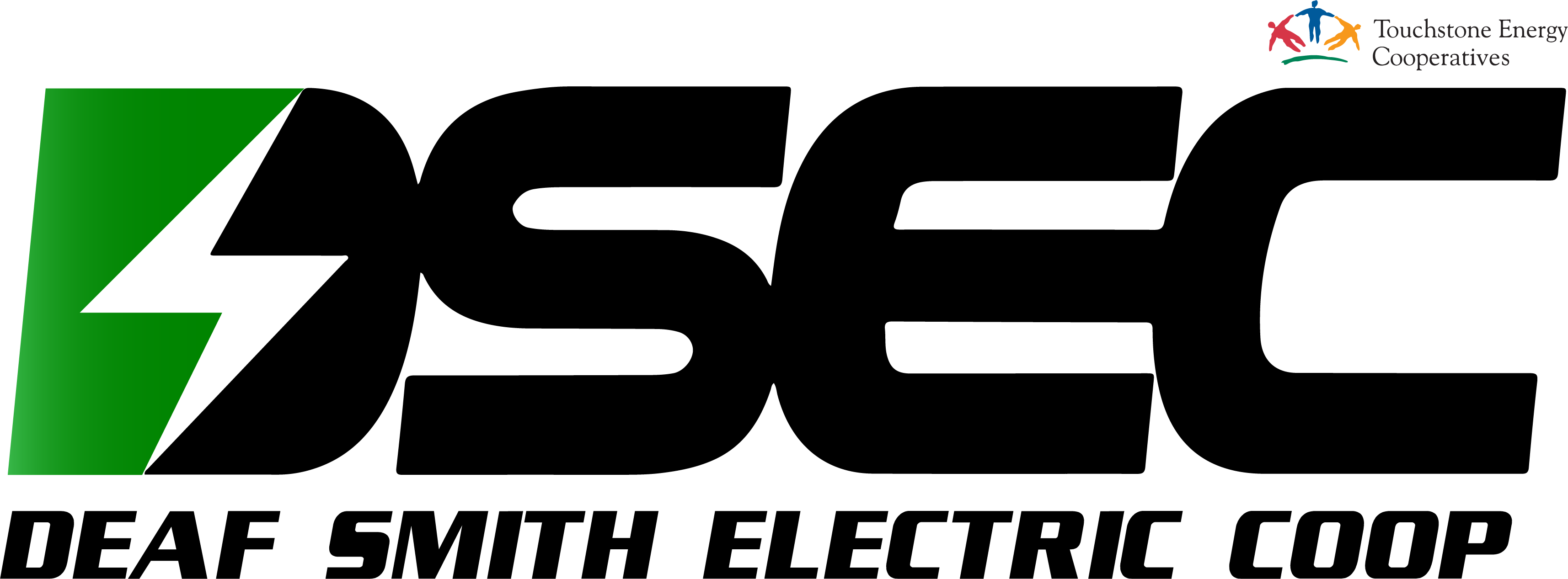If you receive a call saying your power will be cut off if you don't immediately pay your bill over the phone, take caution. That’s one of several scams utility customers across Texas and the nation are reporting.
Sometimes the scammers are asking the customer to make a payment through a third-party pay system or by obtaining a prepaid debit card. Unfortunately, scare-tactic scams such as this one are fairly common.
In addition to threatening to disconnect electric service, scammers may tell you that you have an unpaid credit card or traffic ticket, and threaten legal action if you don’t immediately pay. If you get a call like that, hang up then call back the company in question using the phone number from your bill (not the one the scammer may have provided).
In almost every case like this, fraud experts say you should always be the one to initiate a call where you need to give out personal information. Remember it’s your money, it’s your identity—ask questions and stay alert.
Never give your credit card number or other personal information over the phone without verifying the call.
Members should also contact DSEC to report the incident. By calling the co-op directly, you can talk to a service representative who will confirm your bill and let you know of any problems with your account.
DSEC will not call or email you for your account number or password, so keep your account information to yourself. Also, don’t assume that you can trust caller ID to let you know where a caller is located. Because scammers may use internet calling technology, the area code you see may not reflect where they really are.
The number of telephone scams trying to obtain money and personal information from unsuspecting victims is increasing, according to the Better Business Bureau. Callers pose as representatives of utilities, Medicare, law offices, charities and even the BBB. In some reported cases, scammers have even shown up at homes, demanding payments.
Some BBB tips:
- Confirm that you are speaking to a legitimate company representative. If you have any concerns, hang up and independently find the phone number for the company and call them back.
- Be wary of anyone demanding immediate payment or payment in forms that are difficult to trace, such as Western Union or MoneyGram.
- Never give your credit card, debit card, Social Security, ATM, checking or savings account numbers to anyone who comes to your home, calls or sends an email requesting information. You should always be the one to initiate such transactions.
- Never allow anyone claiming to be a utility service person into your home unless you have scheduled an appointment and the person has proper identification. Contact police if you become concerned about your safety.
If you have any concerns about calls or visits from representatives of DSEC, please call us at 806-364-1166 immediately.
